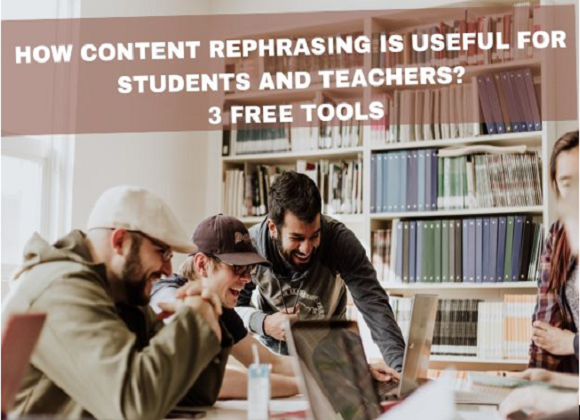Courses
Grow skills with quality courses
The New Education Policy 2020 provided for universal and inclusive education for all, irrespective of any differences. But what is inclusive education? By inclusive education we mean, placing the students with special educational needs in the mainstream setting along with other students without disabilities, aligning the educational services to the students’ abilities and needs. To make the education system more inclusive, a major shift is required in the curricula along with the instructional design. It requires the development of new structures and using evidence-based practices. There are many theories that underpin the inclusive education theory. Here we will be talking about the behaviorist theory, which is one of the oldest and classical theories of learning.
Propounders of this theory believe that the objective of this theory is to impart to its learners the knowledge of reality. They compare it to the scientific principle of stimulus and response where the consequences are associated with the stimulus followed by reinforcement to be maintained. It is more of a scientific or positive study of education where the principles of behaviorism include: learning a particular behavior, governed by the setting in which the learner resides, only learning can help in teaching along with observing the actions of the learners. Therefore, it calls for doing an empirical study by observing the observables and studying the behavior. Here, the stimulus is the studying material provided to the students and what is observed in their behavior and performance in manipulating the study material. An example of the same can be direct instructions given to the learners. Practices based on these are systematic, where step by step process is provided by the teacher along with the same being followed by the student. The teacher can also break the steps into smaller steps to teach students with special educational needs.
The highlighting part of this theory is that it makes use of rewards and punishment to study the changes in behavior. For example, if the student feels appreciated for the efforts he/she is putting to understand the concepts, he/she will work harder. But if they feel unappreciated, they will be unwilling to work towards the same. Therefore, this theory propounds rewarding students that can help them improve their behaviors and work harder in the long run. Behaviorists believe that children are like blank slates and that they can learn anything. They basically learn through experiences and therefore behave accordingly.
What can be the components of behaviorist theory that can help in inclusive education? It can be direct instruction, as written earlier along with functional behavior analysis, assessment, evaluation, and feedback. For example, the teacher can introduce a lesson in a structured manner, by dividing it into smaller parts, looking at the needs of the learners, monitoring their understanding, and then taking feedback to check their understanding. The functional behavioral analysis targets specific behaviors and works towards encouraging positive behavioral change. Assessment, evaluation, and feedback help in checking the progression of learning and taking remedial measures where necessary.
This approach and theory are considered one of the best approaches for making education more inclusive. It focuses on conditioned responses which form the basis of functional behavior analysis. This along with the evaluation and feedback is considered as being ideal to promote inclusive education in the education setup.
About the author
Comments
Recommended by Gurushala

Technology & Innovation
-By Valentina MilanovaHow Content Rephrasing is Useful for Students and Teachers? 3 Free Tools

Stories of Indian Classrooms
-By GurushalaOn the course of continuous learning- An inspiring teacher story from Pune
Related Articles
